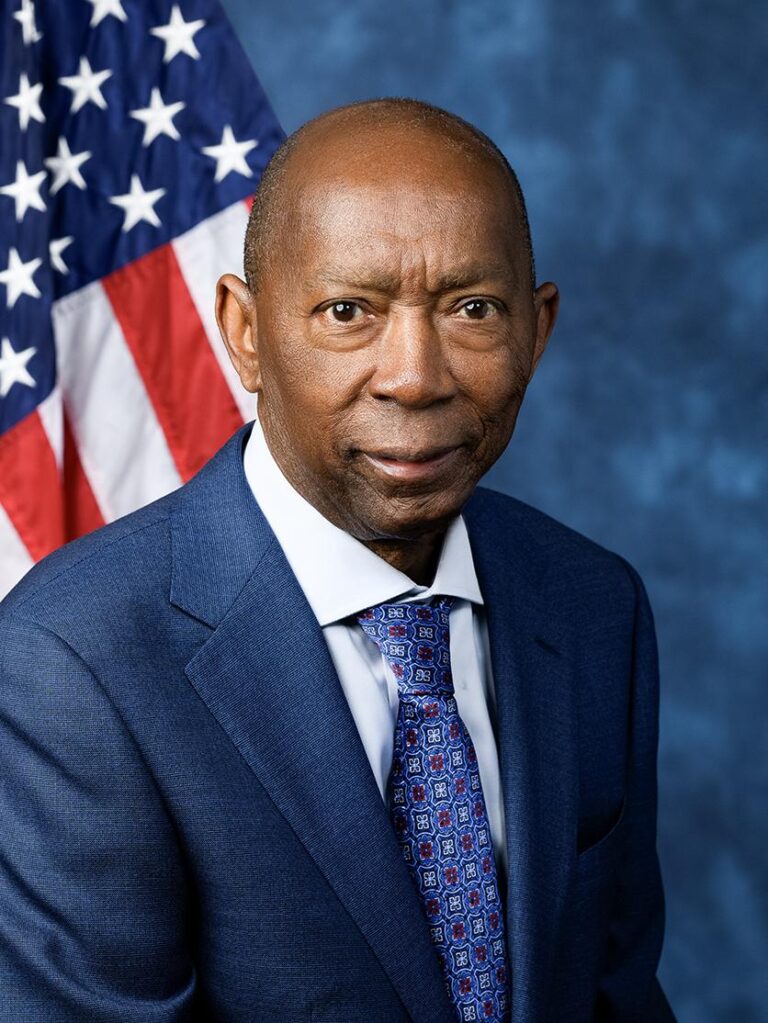HoustonŌĆÖs District C Grapples with $12 Million Funding Deficit After Mayor Sylvester TurnerŌĆÖs Passing
Financial Challenges Emerge in District C Following Mayor TurnerŌĆÖs Death
The sudden loss of Mayor Sylvester Turner, a pivotal figure in HoustonŌĆÖs District C, has precipitated a significant financial crisis for the community. Officials report that the district is set to lose nearly $12 million in state funding, a blow that threatens to stall critical infrastructure projects and essential public services. This unexpected budget gap has sparked concern among residents and local leaders, who fear the disruption of programs that have long supported the districtŌĆÖs growth and well-being.
The funding shortfall is expected to have immediate and far-reaching effects, including:
- Postponement of key infrastructure upgrades planned for late 2024
- Reduction in educational initiatives and community enrichment programs
- Decreased resources for emergency preparedness and response efforts
Despite ongoing efforts to identify alternative revenue streams, maintaining the districtŌĆÖs current level of services without this funding will be a formidable challenge.
| Sector Affected | Funding Loss | Anticipated Impact |
|---|---|---|
| Education | $4 million | Program reductions, potential layoffs |
| Infrastructure | $5 million | Delays in projects, higher maintenance costs |
| Community Services | $3 million | Limited outreach, fewer support programs |
Community Reaction and Mobilization Amid Funding Withdrawal
The withdrawal of $12 million in funding has ignited widespread concern among District C residents and advocacy groups, who view the cut as a direct repercussion of political dynamics following Mayor TurnerŌĆÖs death. This financial setback jeopardizes numerous initiatives aimed at enhancing public infrastructure, education, and social welfare. Community organizations throughout Houston have rallied to highlight the adverse effects, stressing that political disputes should not penalize the districtŌĆÖs vulnerable populations.
- Education: Several schools face budget reductions that threaten extracurricular programs and scholarship availability.
- Public Safety: Funding cuts have impacted community policing efforts and neighborhood watch activities.
- Infrastructure: Essential repairs and upgrades to roads and public facilities have been deferred indefinitely.
| Area | Allocated Funding | Resulting Impact |
|---|---|---|
| Education | $4.5 million | Program curtailments |
| Public Safety | $3 million | Fewer patrols |
| Infrastructure | $4.5 million | Project postponements |
In response, grassroots groups have mobilized to advocate for the restoration of funds, organizing community forums and media campaigns to maintain public focus on the issue. Local officials have committed to pursuing alternative funding avenues and collaborating with state legislators to alleviate the financial strain. The prevailing mood is one of urgency and unity, as residents strive to prevent political conflicts from undermining the districtŌĆÖs progress amid ongoing economic and social challenges.
Unpacking the Political and Fiscal Factors Behind the Budget Cuts
The reduction in funding for District C reflects a complex mix of political maneuvering and fiscal recalibration. Analysts point to several contributing factors, including the districtŌĆÖs association with contentious policy decisions and the political ramifications following Mayor TurnerŌĆÖs death. Many critics contend that the $12 million funding loss is less about budgetary constraints and more a punitive measure, with the district caught in the crossfire of broader political disputes. This shift jeopardizes vital development projects and essential community programs reliant on these funds.
Primary drivers behind the budget reduction include:
- Political retaliation linked to recent policy controversies
- Conflicting priorities among policymakers leading to uneven fund distribution
- Deliberate reallocation of resources to politically favored districts
- Economic pressures exacerbated by political agendas rather than objective fiscal needs
| Policy Influence | Funding Impact | Expected Outcome |
|---|---|---|
| Political Retaliation | -$7 million | Reduction in community initiatives |
| Strategic Fund Shifts | -$3 million | Lowered support for local programs |
| Economic Adjustments | -$2 million | Fewer employment and development projects |
Strategies for Advocates to Reclaim and Expand Funding
To counteract the effects of these punitive budget cuts, advocates must cultivate robust partnerships that highlight the districtŌĆÖs urgent needs and proven capacity for effective fund utilization. Forging alliances with local enterprises, civic leaders, and policymakers can amplify efforts to secure fair and increased funding.
Additional recommended approaches include:
- Mobilizing community members to raise awareness and attract media coverage.
- Pursuing diverse funding sources such as federal grants, philanthropic foundations, and private sector contributions.
- Crafting evidence-based proposals that clearly demonstrate the tangible impacts of funding shortfalls on community outcomes.
| Approach | Objective | Key Action |
|---|---|---|
| Coalition Building | Strengthen advocacy | Form strategic partnerships |
| Community Outreach | Increase visibility | Launch public awareness campaigns |
| Alternative Funding | Secure new resources | Apply for grants and private funding |
Looking Ahead: Navigating the Future of District C
The financial repercussions following Mayor Sylvester TurnerŌĆÖs death extend beyond mere budgetary concerns, highlighting the intricate challenges communities face amid political transitions. The $12 million funding loss not only threatens immediate projects but also signals the need for proactive strategies to safeguard the districtŌĆÖs future. In the coming months, the collaboration between local officials, state representatives, and community advocates will be crucial in addressing these challenges and ensuring that District C continues to thrive despite adversity.




